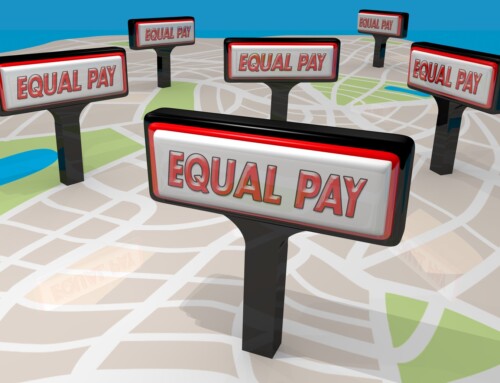◆Dual contribution liability
Many of Japanese employees who are detached to foreign countries and work there are covered by welfare pension insurance and national pension plan in Japan. When they work in a foreign country, in addition to that, they may be required to pay some contributions based on a social security system of the country, including a public pension scheme.
In such a case, they are forced to make dual payment of contributions for the social security in both Japan and the foreign country.
◆No refund of contribution
The public pension system in Japan allows employees to receive pension rights for old-age basic pension and other old-age pensions at 65 years old with the condition that they have enrolled in the system for 25 years at least. To be qualified as recipient, the public pension systems in other countries also require employees to enroll in the system for a certain period (10 years in U.S.A).
But there are a lot of nonqualified cases. When employees are detached to a foreign country, they normally enroll in a public pension system during their stay. But the period is too short for them to be qualified as recipient of an old-age pension. In some countries, the payment of pension to foreigners is limited only to those who have lived in the signatory country to social security agreement etc. Both cases show that contribution is nonrefundable.
◆Social security agreement
To avoid the dual payment of contribution to the public pension systems or the nonrefundable contribution, employees who enroll in the system of either country should be qualified as recipient in the other country and/or employees who enroll in public pension system in both countries should be entitled to receive pension from both counties based on the enrollment period.
Recently, Japan and the United States of America concluded the Agreement on Social Security. This shall be enforced from October, 2005.
(Mar14, 2005)




